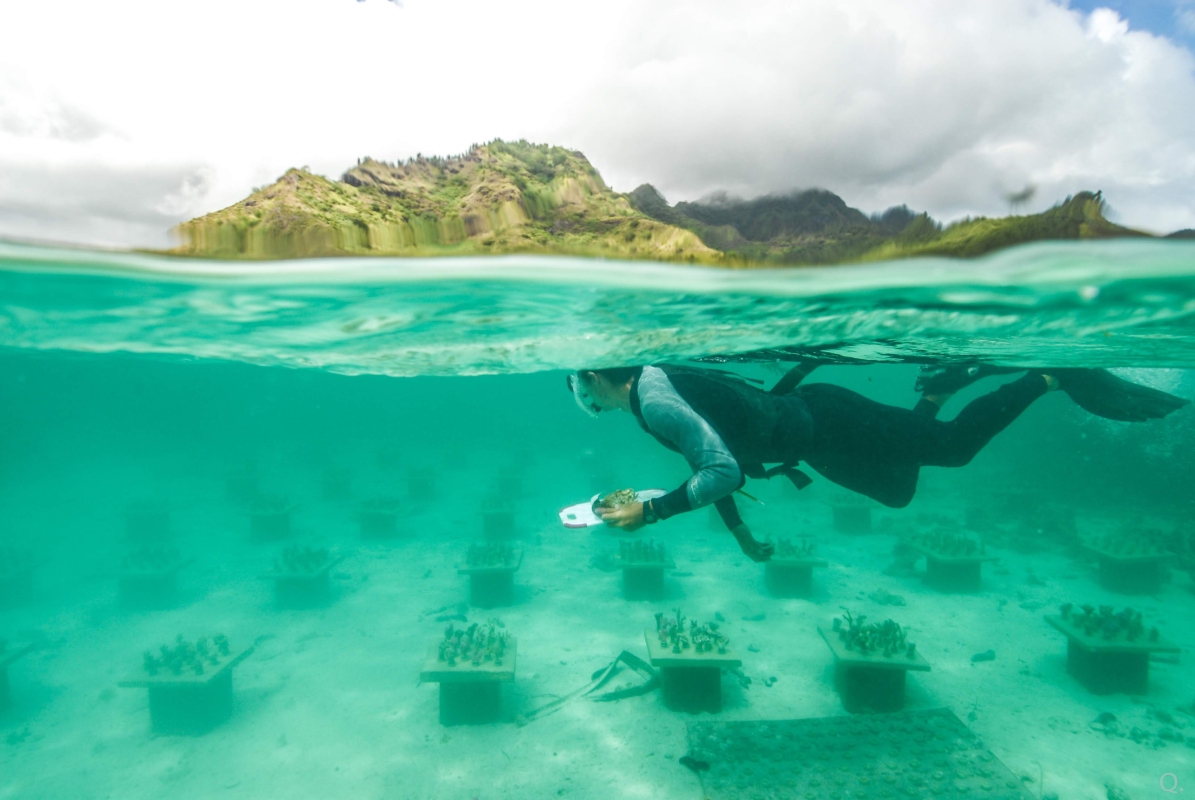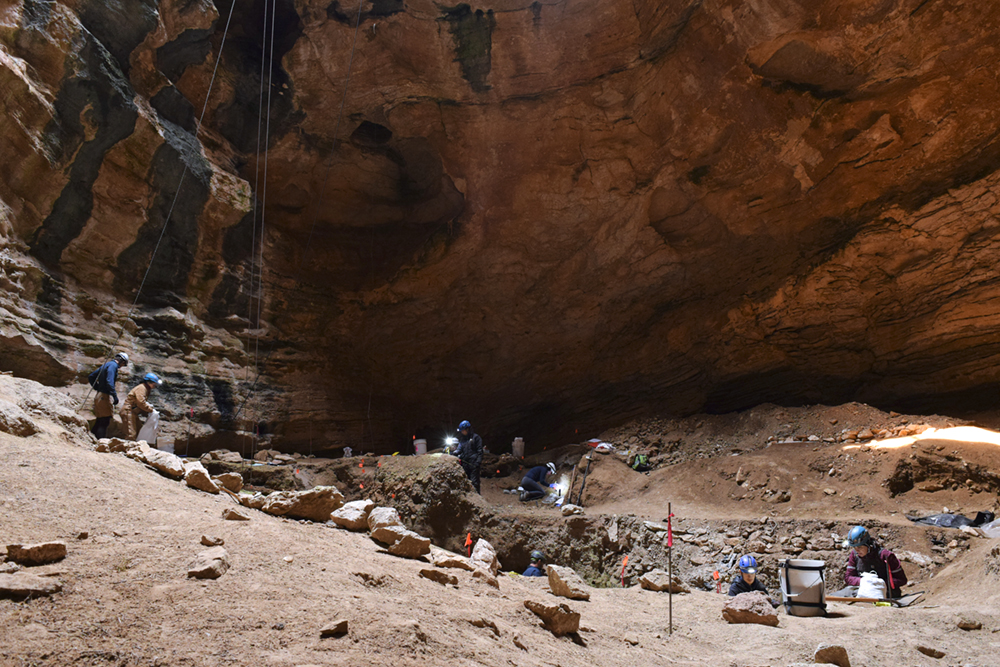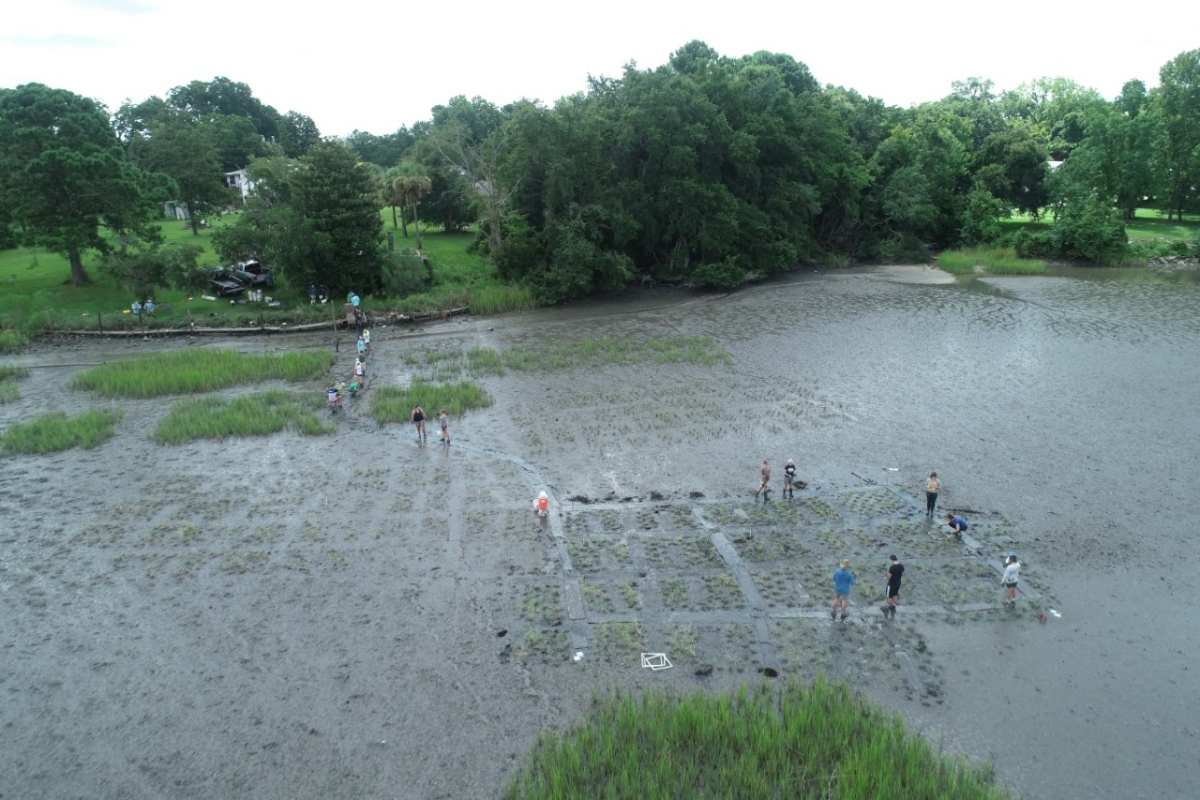Mission of the School of Earth and Atmospheric Sciences

Produce breakthrough discoveries through research in Earth, atmospheric, ocean, and planetary sciences as well as interdisciplinary research involving the Earth system and the environment.

Provide vibrant and inclusive learning experiences and environments that prepare students to pioneer the advancement of knowledge in the Earth, atmospheric, ocean, and planetary sciences and become the future leaders of academia, government, and industry.

Effectively engage with the public both locally and globally to apply our scientific knowledge to inform public policy, resource management, and environmental stewardship.
The Georgia Institute of Technology is one of the nation's top public research universities, distinguished by its commitment to improving the human condition through advanced science and technology. Georgia Tech's campus occupies 400 acres in the heart of the lively, progressive city of Atlanta.
The School of Earth and Atmospheric Sciences offers B.S. degrees in Atmospheric and Oceanic Sciences and Solid Earth and Planetary Sciences, and hosts the interdisciplinary B.S. degree in Environmental Science. We also offer an M.S. degree and a Ph.D. degree in Earth and Atmospheric Sciences. We currently have ~110 undergraduate majors and ~90 graduate students. Our faculty is committed to both undergraduate and graduate education, providing students from diverse backgrounds with the tools they need to become the next generation of scientists and scientifically informed leaders.
Our graduate students, many of our undergraduates, and our ~65 faculty, post-docs and research scientists are engaged in research projects supported by ~$9 million/year from external sponsors. Much of this research is in areas that support the better management of human interactions with our planet (e.g. natural hazards, landscape and coastal change, climate and environmental change, air and water quality). Research in EAS also seeks to provide fundamental advances in our understanding of the co-evolution of life and the Earth’s environment, and the possibility of life-sustaining environments in our solar system and beyond. Students have opportunities to do field work both locally and world wide, and interact with a broad range of government agencies and commercial companies.
We are committed to providing an equitable, collegial, and collaborative environment for both research and education. We value diversity, learn from each other, and can take on larger challenges by leveraging each other’s strengths. We also benefit from the expertise of the larger community, with many of our students and faculty involved in interdisciplinary programs at Georgia Tech in Space, Environment and Sustainability, Astrobiology, and Ocean Sciences.